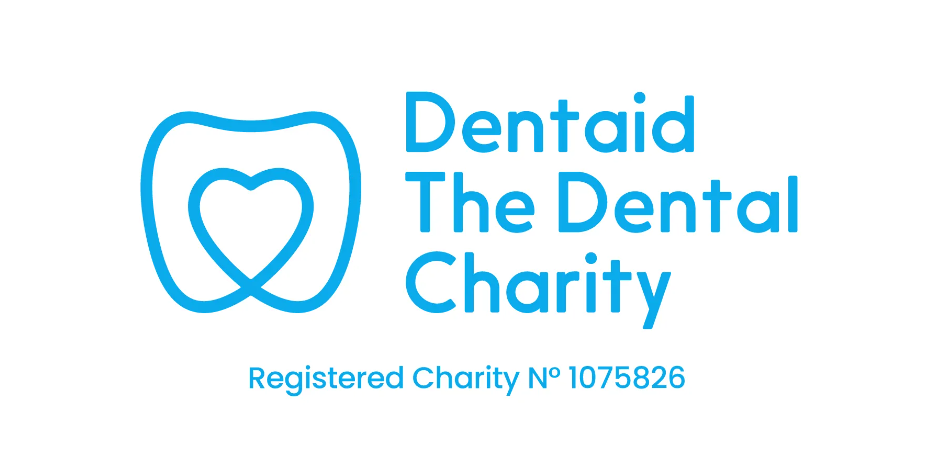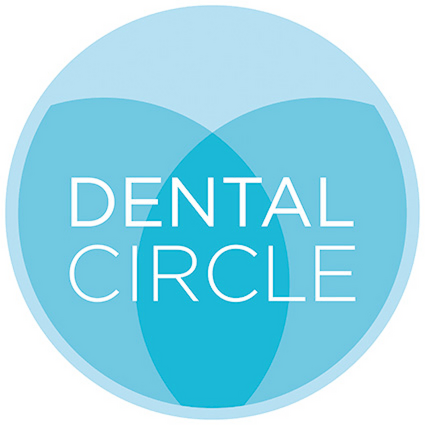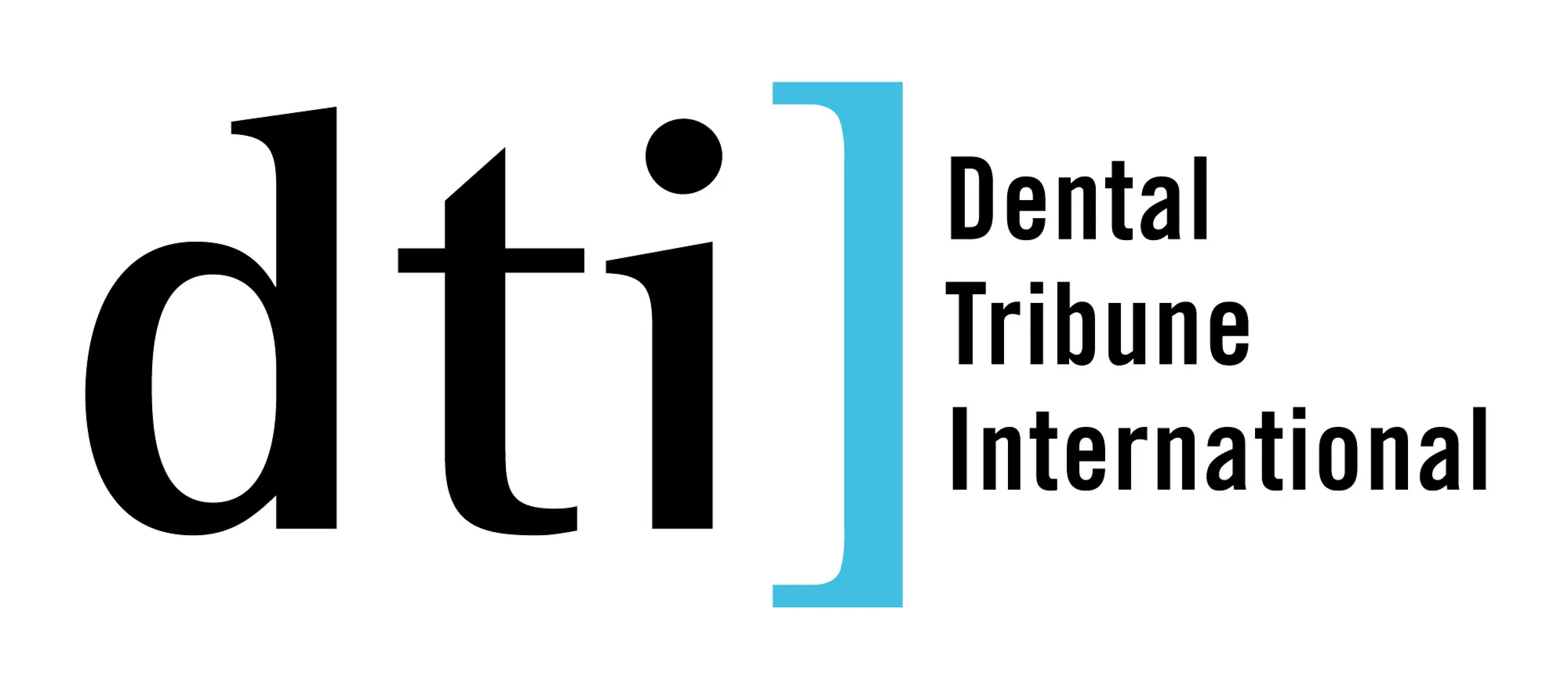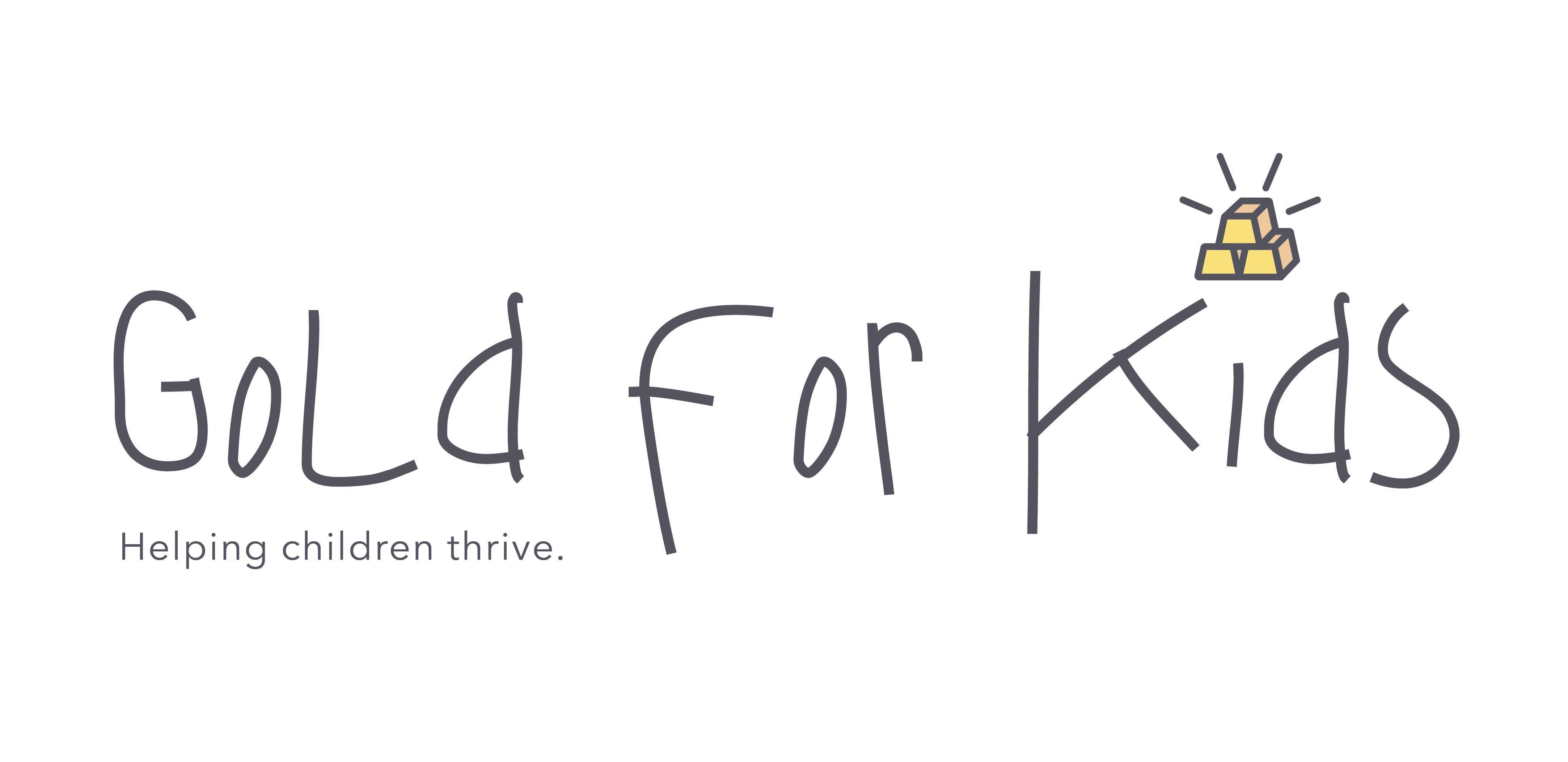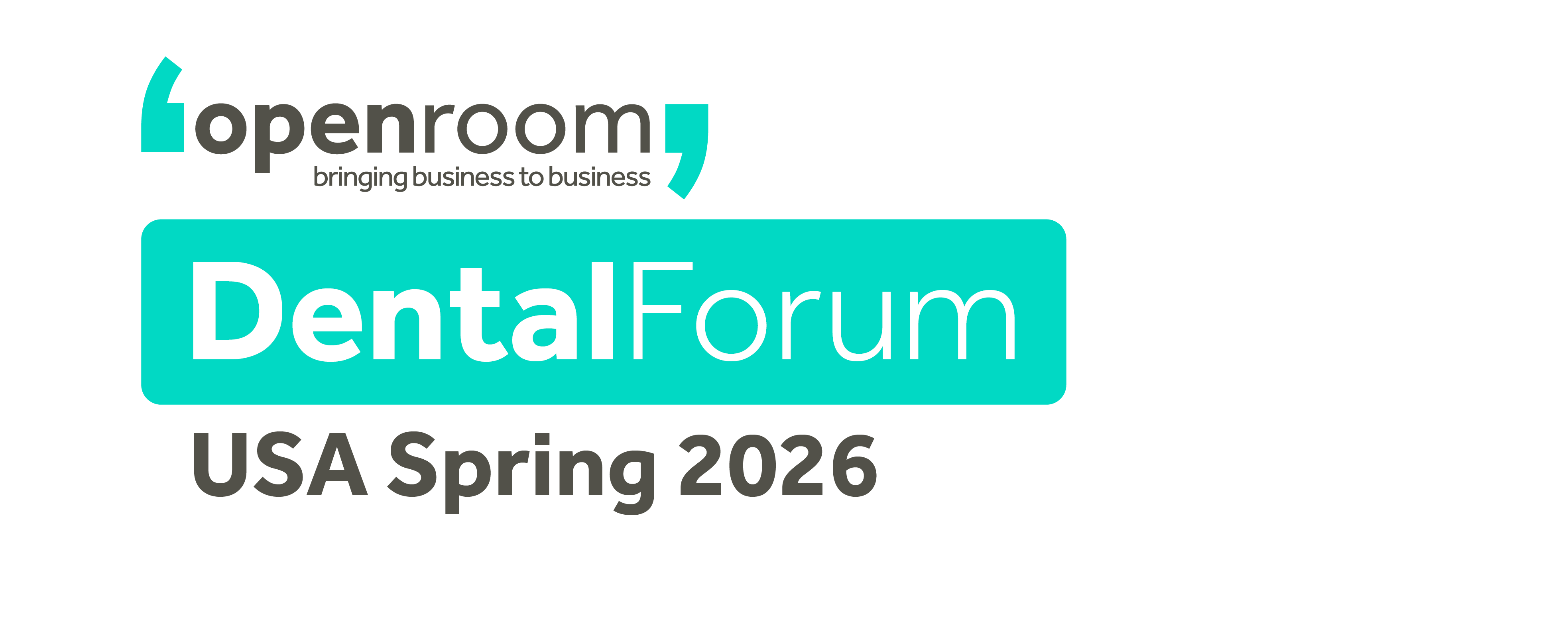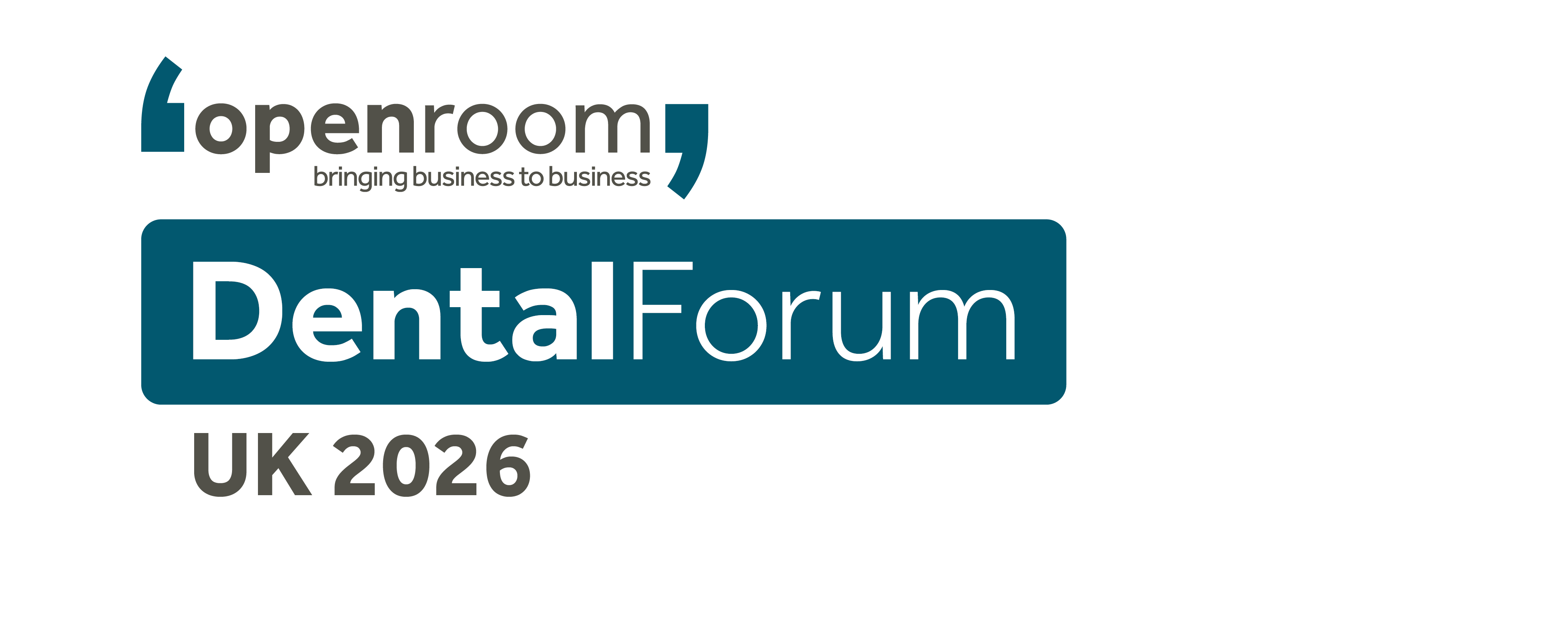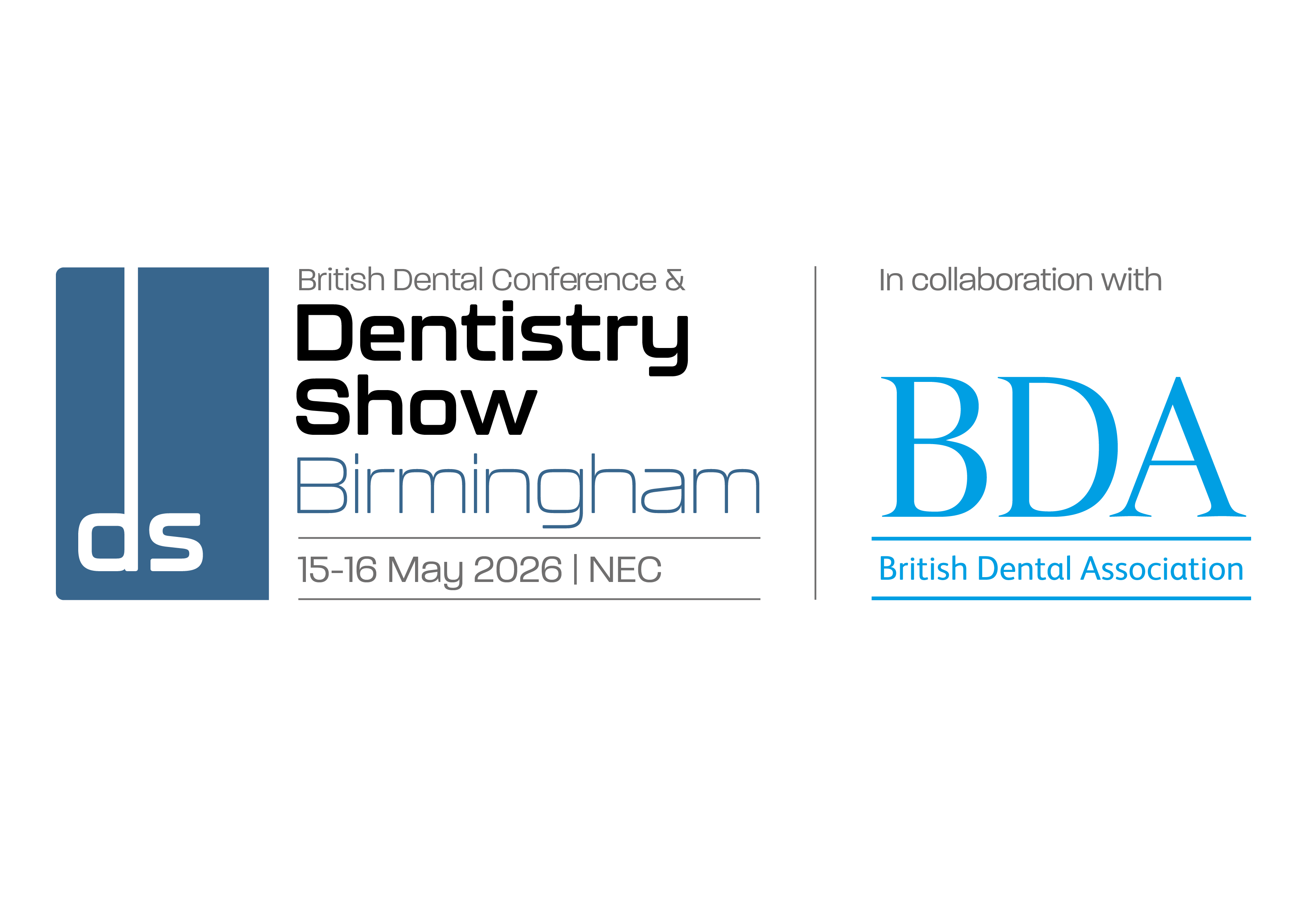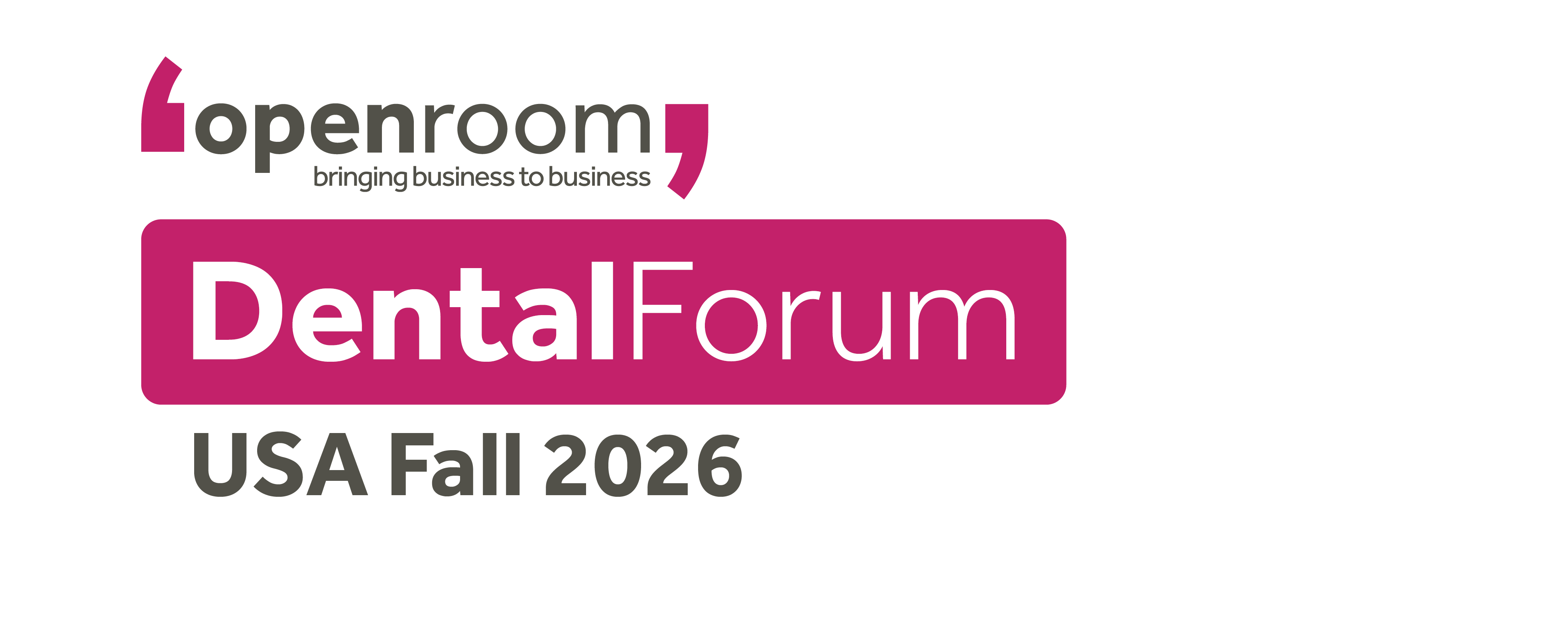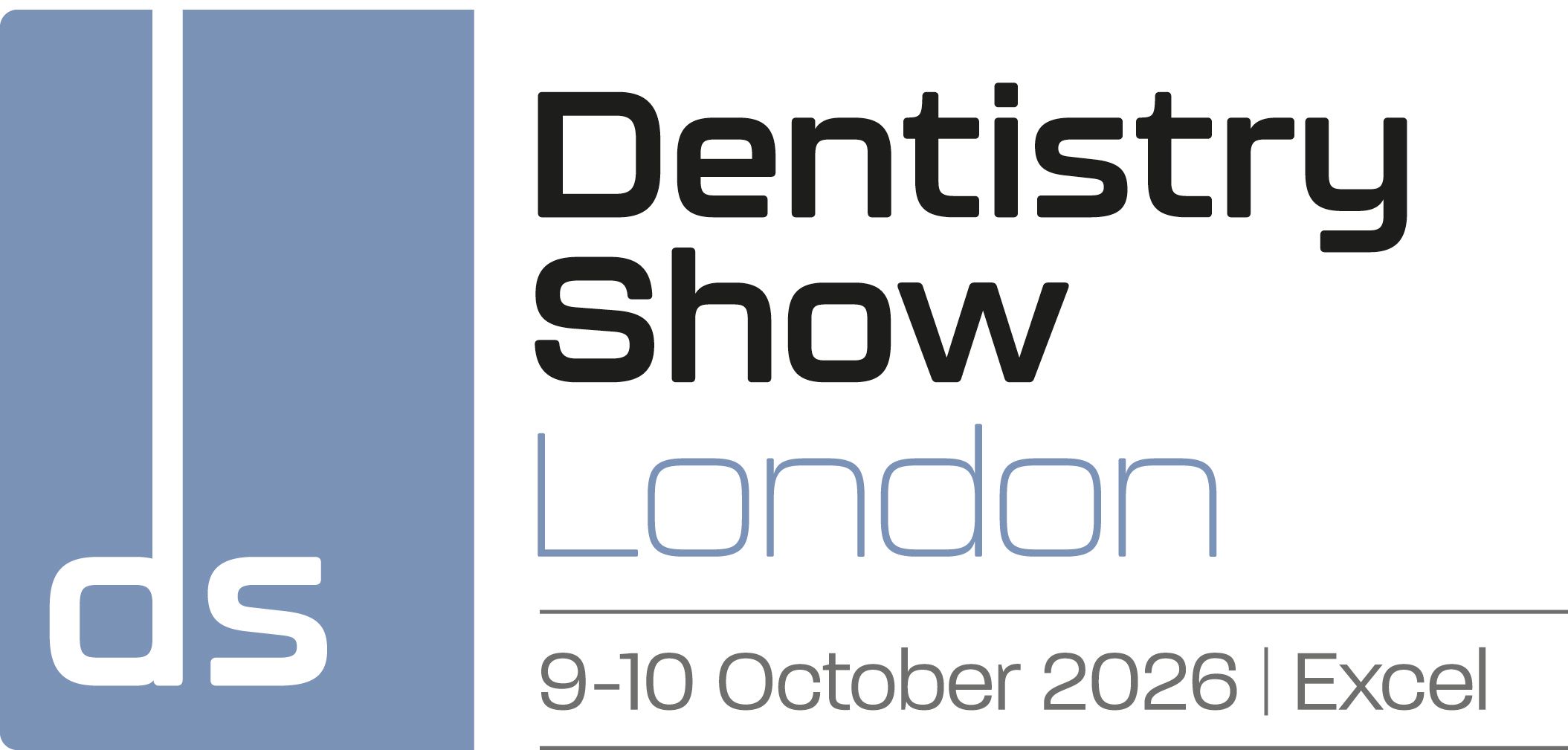The ethics of choice
)
Dr Sarra Jawad explores whether dental implants represent the most ethical option for replacing a single missing tooth.
Dr Sarra Jawad is a consultant at Guy’s and St Thomas’ NHS Foundation Trust, specialising in restorative dentistry. She works predominantly as part of the Evelina Cleft service, treating adults with cleft lip and palate. She is also an honorary clinical lecturer at King’s College London. Sarra holds a PhD from the University of Manchester and completed her undergraduate training at King’s College London.
Tooth loss represents a functional and psychological challenge that requires careful treatment planning. As a consultant in restorative dentistry, I spend a good deal of time discussing treatment options with patients, ensuring they are informed about the benefits and limitations of each choice.
While dental implants are often heralded as the gold standard for tooth replacement, the ethical considerations surrounding them require a nuanced discussion. In many cases, they may indeed be the most ethical solution, but that is not a blanket statement – context is everything.
A balancing act
In restorative dentistry, ethics are deeply tied to preserving healthy tooth structure while ensuring long-term success. Traditional bridgework, once the mainstay for single-tooth replacement, has evolved significantly. Conventional bridges often require the preparation of adjacent teeth, which, from a modern ethical standpoint, is difficult to justify unless those teeth are already restored. Today, with advancements in adhesive dentistry, we can offer minimal or non-invasive bridgework.
It is also important to distinguish between replacing a tooth and simply filling a space. If an adhesive bridge meets the patient’s functional and aesthetic needs without unnecessary intervention, an implant may not be required. Indeed, the bridge may be the first and most ethical choice.
At the same time, a well-placed implant offers a fixed, long-term solution without compromising adjacent teeth, making it appealing when neighbouring teeth are intact. While this may seem the most ethical option, we must consider the patient holistically. A successful implant requires good oral hygiene, sufficient bone, and a stable oral environment. If these factors are not met, is it ethical to place an implant in isolation that may later fail or compromise the surrounding tissues?
A selective solution
The long-term benefits of implants are compelling. Osseointegration is highly predictable, and implant survival rates exceed 90% over many years.1 Unlike bridges, implants do not rely on adjacent teeth for support, reducing the risk of secondary caries or structural failure. In a stable mouth, this makes them an outstanding option.
However, implants require meticulous maintenance, and so for some patients – those with dexterity issues, complex medical histories, or a higher risk of peri-implant disease – they may not be the best choice. In such cases, an adhesive bridge may be the more ethical alternative, ensuring function without unnecessary complexity.
In some parts of the world, full-arch bridges supported by multiple abutments remain common, but they are less frequently seen in the UK. Many patients treated abroad return with extensive bridgework that may not be viable long-term. Long-span bridges, in particular, are less suitable, and for cases requiring a fixed alternative, dental implants are often the more predictable and ethical choice. Removable options also exist, offering additional treatment pathways.
Financial and psychological considerations
Cost inevitably factors into the ethical equation. Implants remain a private-only treatment for most patients, while NHS bridges are only available in a limited range and fall under Band 3 treatment (£319.10).2 Although some people are eligible for free NHS dental appointments and treatment or reduced costs, affordability can still be a barrier. While affordability should not dictate clinical decisions, it influences patient access to care. Ethically, we must communicate the value of each option rather than defaulting to the most cost-effective treatment.
There is also the psychological aspect. Tooth loss is associated with a decline in oral-health-related quality of life.3 Some patients are needle-phobic or highly anxious about surgical interventions, making implants a stressful choice. Conversely, psychologically, some patients feel that the implant is more akin to the natural tooth, replacing both the missing root and overlying crown, so they feel truly restored. Ensuring truly informed consent means addressing these concerns openly and offering suitable alternatives.
A considered approach
So, are dental implants the most ethical option for replacing a single missing tooth? In many cases, yes. However, ethics in dentistry are rarely black and white. A bridge may be the more ethical choice if it avoids surgery, accommodates patient limitations, or preserves function in a high-risk case.
Ultimately, ethics in dentistry centre on patient-focused care, not treatment trends. The best clinicians focus not just on replacing a missing tooth, but on the individual behind the smile.
For those interested in further discussion on this topic, I will be presenting ‘A bridge too far? Are implants making the bridge obsolete?’ at BDCDS on 16 May at 10.45am in the BDA Theatre at the NEC, Birmingham. For further information visit birmingham.dentistryshow.co.uk
References
1. Kupka JR et al. How far can we go? A 20-year meta-analysis of dental implant survival rates. Clin Oral Investig 2024 Sep 21;28(10):541. doi: 10.1007/s00784-024-05929-3
2. https://www.nhs.uk/nhs-services/dentists/how-much-will-i-pay-for-nhs-dental-treatment/. Accessed 5 March 2025
3. Gerritsen AE et al. Tooth loss and oral health-related quality of life: A systematic review and meta-analysis. Health and Quality of Life Outcomes 2010; 8(1): 126. doi: 10.1186/1477-7525-8-126

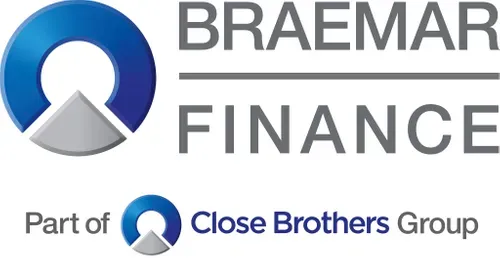


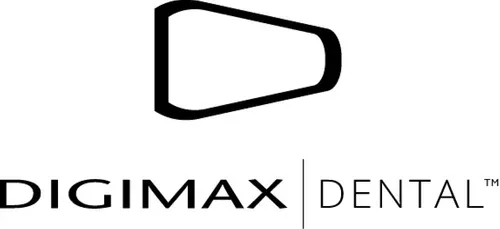


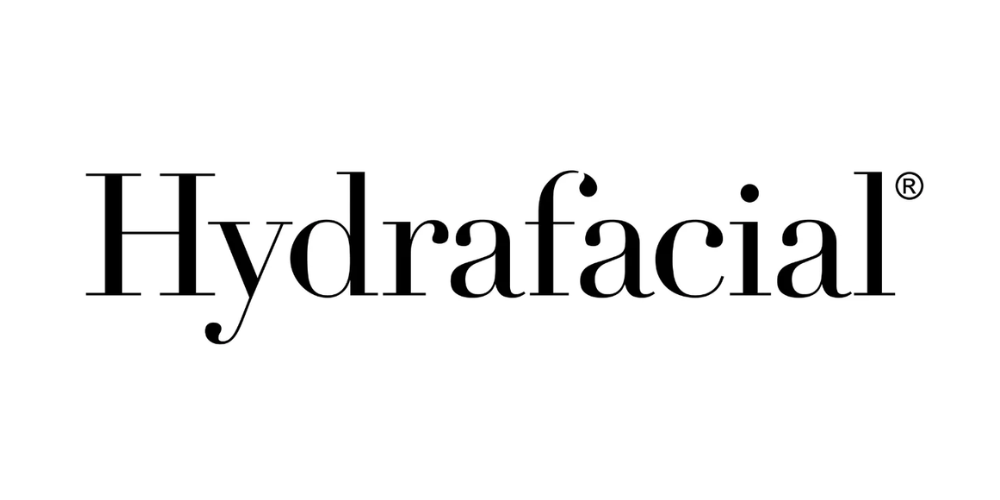
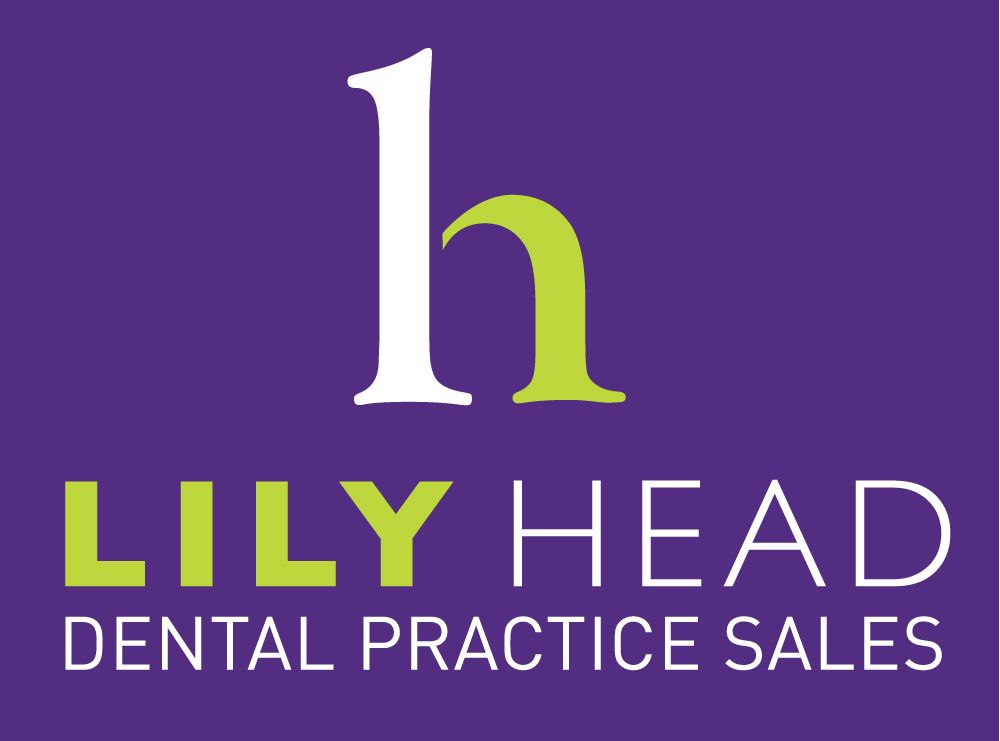







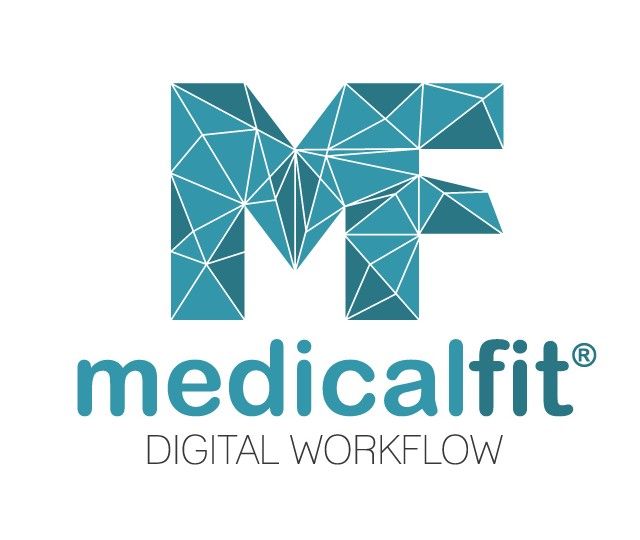



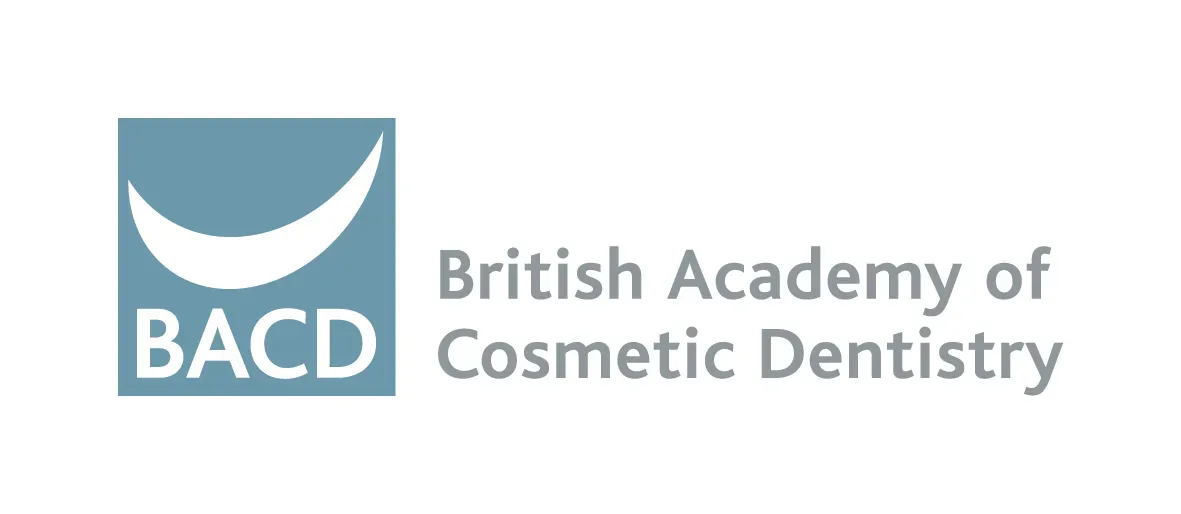
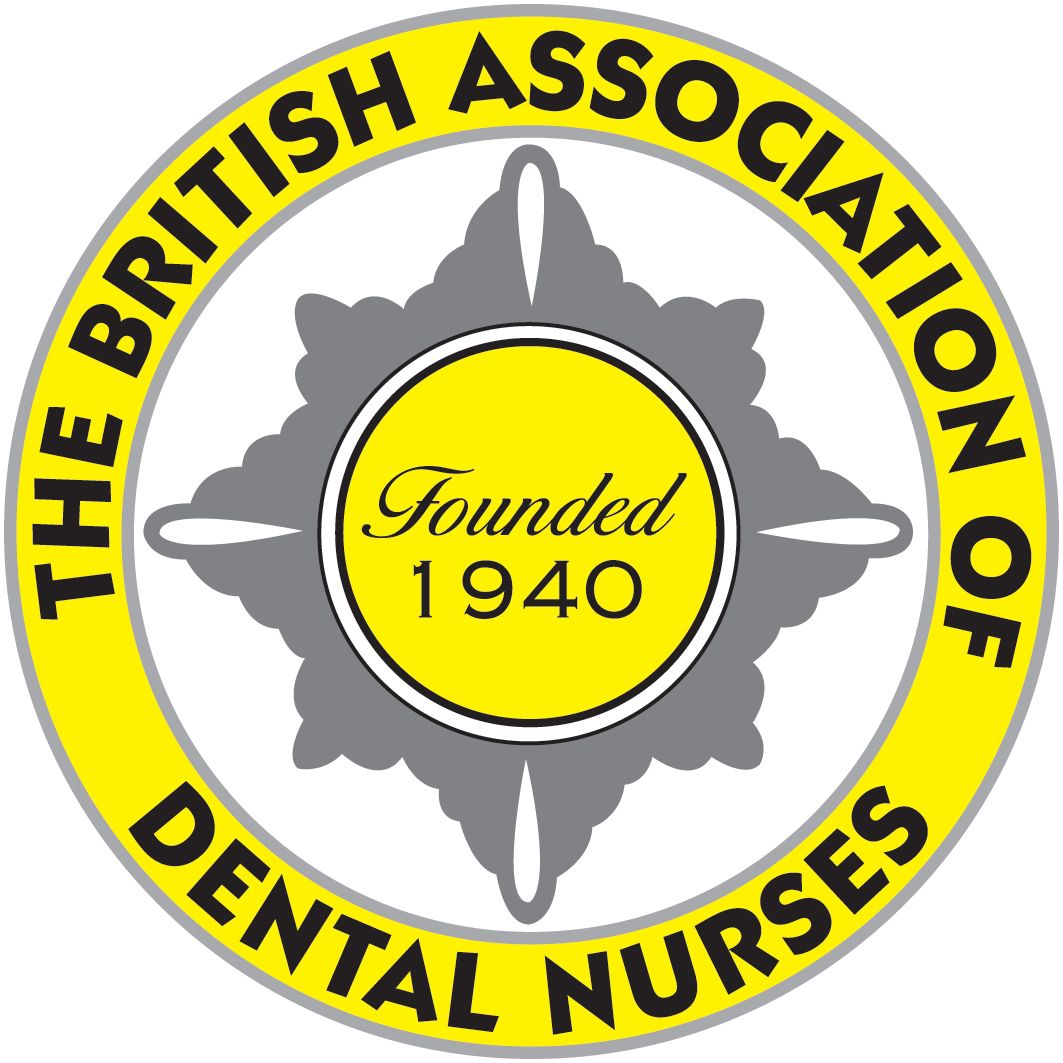
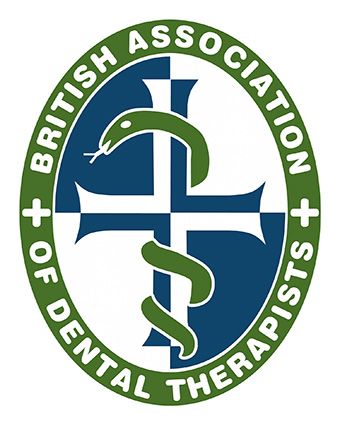
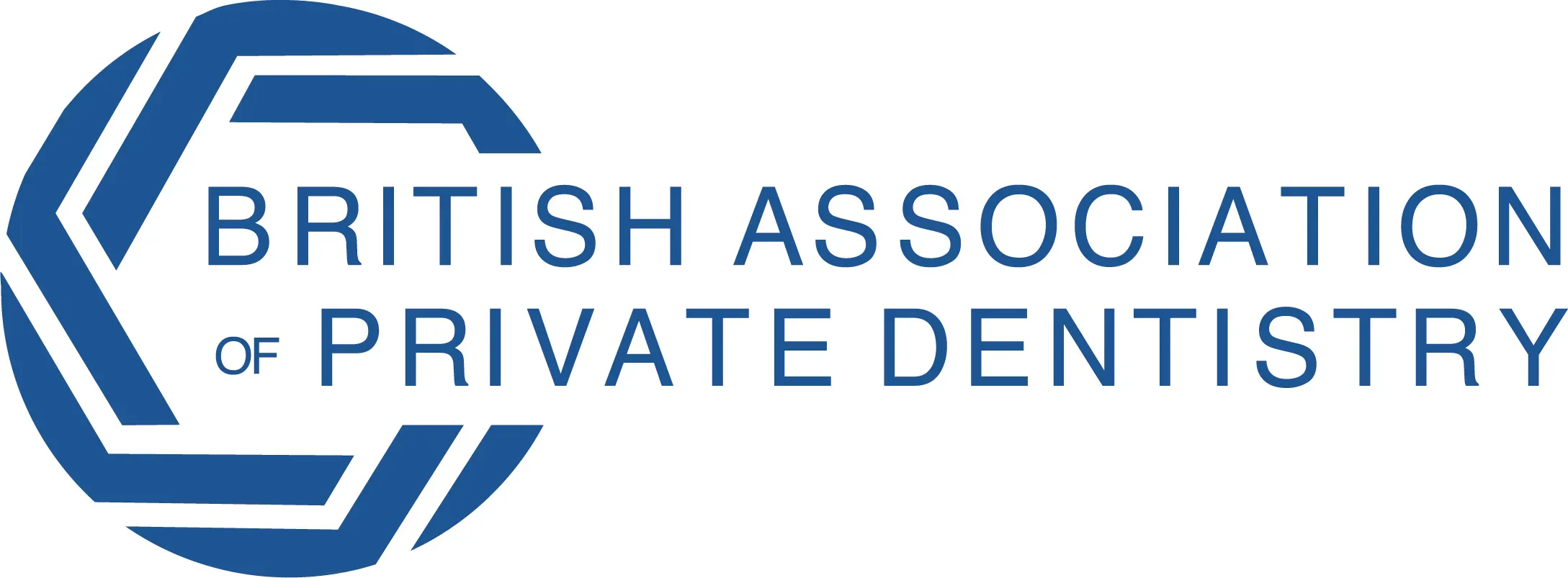
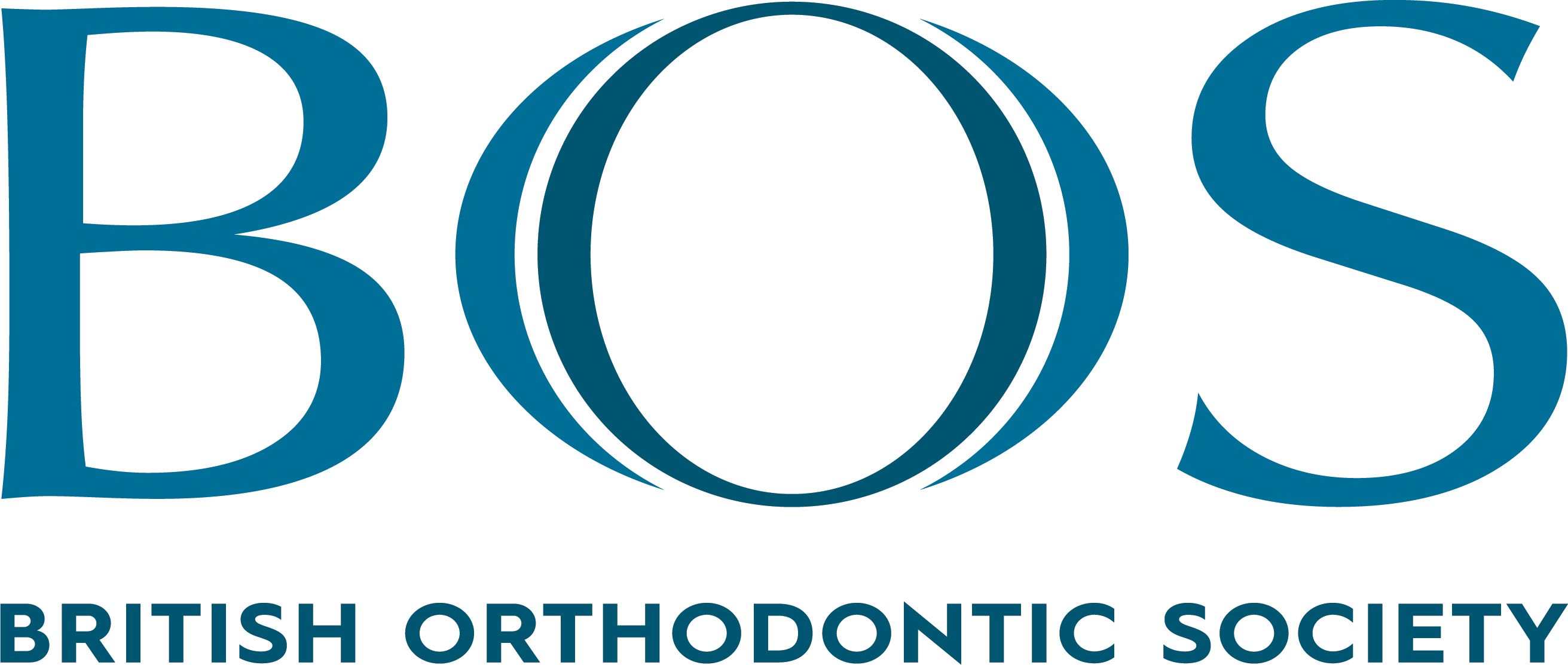
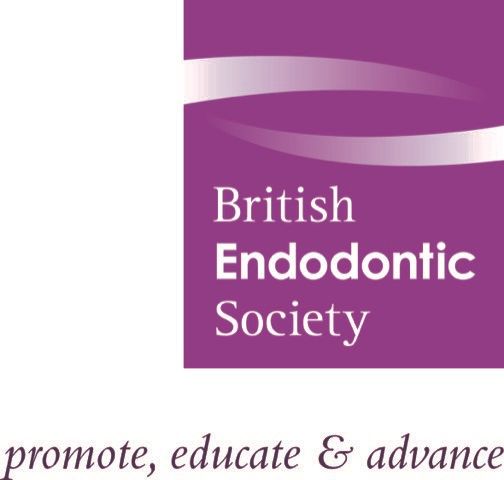
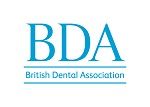


.png)
